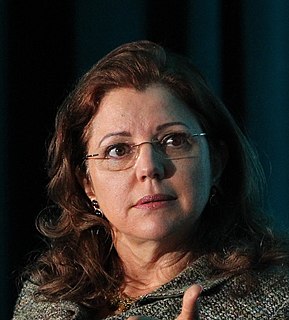 W
WCarlos Baliño (1848-1926) was a Cuban writer born in Guanajay, Cuba.
 W
WAlberto Bayo y Giroud was a Cuban military leader of the defeated left-wing Loyalists in the Spanish Civil War. He was also a poet and essayist.
 W
WEmilio Bobadilla was a Cuban writer, poet, literary critic and journalist. He also wrote under the pseudonym "Fray Candil".
 W
WMargalida Caimari i Vila was a poetess of the Renaixença and social benefactor linked to Mallorca, Catalonia and Cuba.
 W
WOnelio Jorge Cardoso was a Cuban editor, screenwriter, short fiction writer and party functionary.
Aurelia Castillo de González was a Cuban writer. She wrote short stories, poems, prose, and was also a typographer, biographer, editor, and travel writer.
 W
WCarlos Manuel de Céspedes y García-Menocal was a Cuban Roman Catholic priest, theologian and writer.
 W
WDarsi Ferrer Ramírez was a Cuban doctor, journalist, director of Juan Bruno Zayas Health and Human Rights Center, and also a dissident.
 W
WJosé Cipriano de la Luz y Caballero was a Cuban scholar, acclaimed by José Martí as "the father ... the silent founder" of Cuban intellectual life of the 19th century. Interest in Luz's work was revived around the time of the Cuban Revolution, and new editions of his work published, as he was regarded as a wellspring of intellectual autonomy for the country.
 W
WEduardo Manet is a Cuban-born novelist and playwright writing in French. His work has been translated into over 20 languages.
 W
WMirta Ojito is a Cuban-born author and journalist. She has written two nonfiction books, Finding Mañana: A Memoir of a Cuban Exodus, a book about her journey to the U.S. as a teenager in the Mariel boatlift, and Hunting Season: Immigration and Murder in an All-American Town." She was part of a group of New York Times reporters who shared the Pulitzer Prize for national reporting in 2001 for a series of articles about race in America. More recently, she was a member of the Telemundo team that won an Emmy for the coverage of Pope Francis's visit to the Americas.
 W
WAmelia Penichet is a journalist and historian living in Cuba. In her neighborhood in Cuba she is referred as the Viejita de los Perros.
 W
WLuisa Pérez de Zambrana was a Cuban writer and translator. She was one of Cuba's greatest poets.
 W
WEna Lucía Portela is a Cuban novelist, essayist, and writer of short stories. She focuses on lesbian subjects.
 W
WAntonio Orlando Rodríguez is a Cuban writer, journalist and critic. Born in Havana, he studied journalism at the University of Havana. The author of numerous books for children and young adults, he also writes literary fiction for grown-ups. He won the Premio Alfaguara for his 2008 novel Chiquita, based on the life of Espiridiona Cenda.
 W
WManuel del Socorro Rodríguez was a Cuban journalist. He is considered to be the founder of journalism in Colombia. Five years before his arrival in the Viceroyalty of New Granada, the 1785 Viceroyalty of New Granada earthquake had happened, described in the Aviso del Terremoto and published the day of the earthquake. This sparked the birth of journalism in Colombia, when Del Socorro started to report in 1791.
 W
WMiguel Teurbe Tolón y de la Guardia was a Cuban playwright, poet, and the creator of the Coat of arms of Cuba and the Flag of Cuba.
 W
WEnrique José Varona was a Cuban author.
 W
WHarry "Pombo" Villegas was a Cuban Communist guerrilla. He was born in Yara, Cuba, and was a descendant of African slaves. He fought alongside Che Guevara in battles from the Sierra Maestra to the Bolivian insurgency. From 1977 to 1979, and again from 1981 to 1988, Villegas was part of the leadership of Cuba's volunteer military mission in Angola, fighting alongside Angolan and Namibian forces against aggression by South Africa's apartheid regime. Villegas was a Central Committee member of the Communist Party of Cuba from 1997 to 2011, a deputy of Cuba's National Assembly, and executive vice president of the Association of Combatants of the Cuban Revolution.